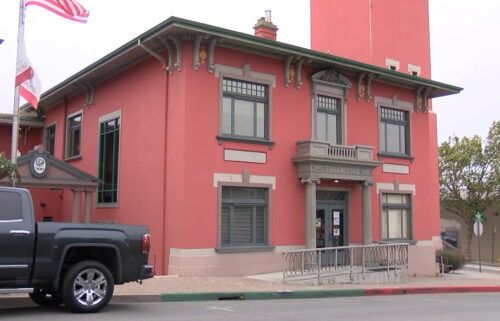Proposition 20
Basics
If approved, Proposition 20 would amend criminal sentencing and supervision laws that into effect during former Gov. Jerry Brown's administration. It would limit access to the parole program created for non-violent offenders who have finished the full term of the primary offense by eliminating eligibility for some offenses
The proposition would also change requirements for parole decisions, allow felony charges for some thefts that are currently considered misdemeanors and require people convicted of some misdemeanors to submit a DNA sample for the state database.
In Favor
Supporters of prop 20 say that under California law, assault with a deadly weapon, date rape, domestic violence, exploding a bomb and shooting into a house with the intent to kill or injure are considered nonviolent offenses. They say this allows thousands of people convicted of these crimes to be eligible for early prison release, and the proposition would prevent that.
Those in favor say the proposition prevents the early release of violent offenders by reclassifying them as violent crimes, and victims would be notified when they are released. It would not apply to drug offenders. They argue that it also does not fill prisons with new inmates, but require them to complete their full sentences.
Against
Opponents argue that the proposition would spending tens of millions more dollars on prisons when the state is facing spending cuts in schools, health care and other services while also cutting mental health treatment and rehabilitation programs.
They also argue that it is extreme for thefts amounting to more than $250 could be charged as a felony, and they say it would mean more teenagers and Black, Latino and low-income people would be in prison for years. They say California has made progress toward reforms to reduce wasteful spending on prisons and expand rehabilitation and other alternatives, and opponents believe this would take the state backwards.




